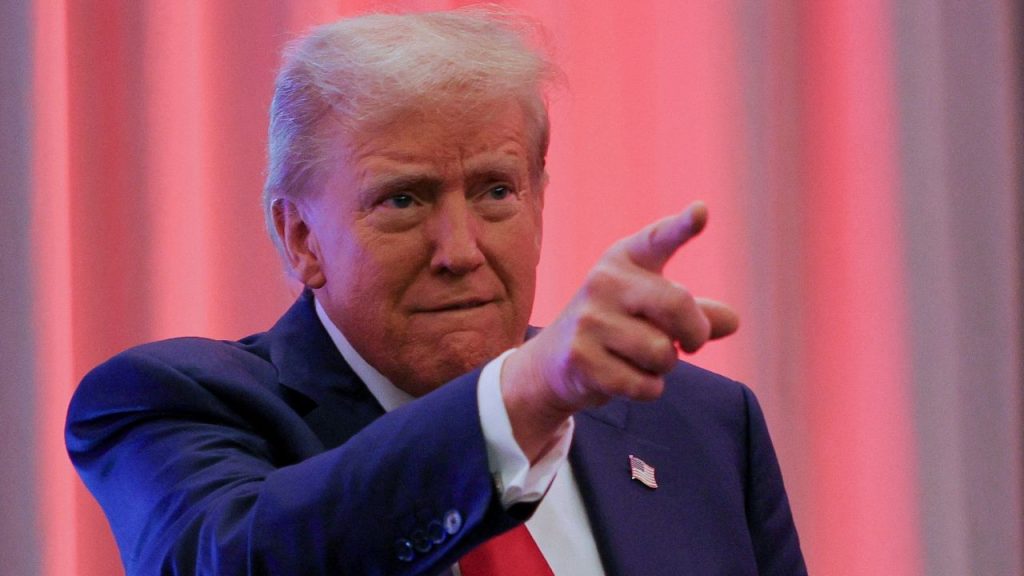A damning report by the Ministerial Task Force on Illegal Private Charter Operations has revealed that Nigeria has lost over N120 billion in revenue over the past decade due to illegal charter operations, regulatory loopholes, and weak enforcement by the Nigerian Civil Aviation Authority (NCAA). The report, commissioned by the Minister of Aviation and Aerospace Development, Festus Keyamo, highlights critical issues such as security breaches, lack of interagency cooperation, and outdated policies that have stifled the growth of the aviation sector.
The report, which was sighted by FRONTPAGE, underscores the urgent need for reforms to address these challenges and restore order in the sector. It also names several high-profile companies and entities allegedly involved in illegal charter operations, including Arik Air Ltd, BUA International Limited, Dominion Air Limited, Executive Jets Services, Max Air Ltd, Rivers State Government, Julius Berger Nig. Ltd, and Nestoil Plc.
Key Findings of the Report
The report paints a grim picture of Nigeria’s aviation sector, revealing how illegal charter operations have thrived due to weak regulatory oversight and enforcement. According to the findings, “Over the past decade, Nigeria lost an estimated N120bn in statutory revenue from the sector due to regulatory loopholes.”
One of the major issues identified is the lack of interagency cooperation, which has created gaps that illegal operators exploit. The report also highlights security breaches at airports, particularly at the General Aviation Terminal in Abuja, which has been flagged as a hotspot for illegal activities.
Proposed Measures to Curb Illegal Operations
In response to the findings, the task force has outlined several measures aimed at curbing illegal operations and restoring regulatory integrity in the sector. Key recommendations include:
- Closure and Restructuring of the General Aviation Terminal in Abuja: The task force has called for the immediate closure and restructuring of the terminal to address critical security lapses.
- Repeal of the 22-Year Aircraft Age Ban: The controversial policy, which has been criticized as arbitrary and restrictive to industry growth, is set to be repealed to encourage more operators to enter the market legally.
- Strengthening NCAA Oversight: The task force emphasized the need for the NCAA to enhance its oversight functions to ensure full compliance with aviation regulations by all operators.
- Introduction of a Licensing Framework for Air Charter Brokers: To enhance transparency and accountability, the task force recommended the introduction of a licensing framework for air charter brokers.
“By implementing these measures, Nigeria can restore regulatory integrity, enhance safety, and position its aviation sector for long-term sustainability and global competitiveness,” the report stated.
Criticism from Aviation Experts
While the report has been praised for its thoroughness, aviation experts have expressed skepticism about the effectiveness of the task force’s recommendations without strict enforcement. John Ojikutu, an aviation security expert and CEO of Centurion Security Limited, described the task force as “a waste of time” and blamed the NCAA for failing to enforce existing laws.
“Most of these charter aircraft are owned by political office holders or people who have something to do with it. It’s an indictment on the NCAA. When you’re talking about enforcement of regulation, it’s the NCAA,” Ojikutu said.
He also raised concerns about the regulation of foreign-registered aircraft, stating, “Most of these charter flights are foreign-registered aircraft. Have you been able to identify them? Who brought them in? What is the regulation on foreign-registered aircraft operating in this country? In my days, they could not operate for more than three months. There were specific airports they had to go to. If you brought them in, they had to stay at the customs airport. That was the law in those days.”
Ojikutu emphasized that illegal flights are being protected by high-profile figures, making enforcement difficult. “All these foreign-registered aircraft are the ones doing these illegal flights. And they cannot run after them because they are all political officers or political friends. So all these things they are doing now—I want to see how they want to collect ₦150bn, or even ₦100bn, or even ₦50bn from them,” he said.
Calls for Synergy and Technological Solutions
Aviation analyst Olumide Ohunayo, a member of the Aviation Round Table, acknowledged the failures within the system but called for a collaborative approach to solving the crisis.
“The most important thing here is that we have accepted there was failure and lapses in the system and protocol in place. And we have also accepted that before operations, even the process of bringing in those aircraft also had loopholes that were exploited by these illegal operators,” Ohunayo said.
He emphasized the need for synergy between aviation agencies to monitor illegal flights. “In doing this, there must be that synergy between the agencies—NAMA, the airport authorities, and the NCAA. It’s not going to be left to the regulator alone,” he said.
Ohunayo also proposed moving aviation processes online to improve transparency. “We’re asking to move almost every operational activity online and introduce IT. That way, people can know which aircraft is taking off to where, and even if you don’t catch them immediately, within a month, the records will expose discrepancies.”
Challenges in Proving Illegal Operations
A source who spoke anonymously highlighted the challenges in proving illegal charter operations, explaining how private aircraft owners disguise commercial operations to evade detection.
“PNCF (Private Non-Commercial Flight) holders are flying more than licensed operators. Something like ‘hire and reward’ is not clearly defined. So when you say someone has undertaken a commercial work for hire and reward, how do you prove it?” the source said.
The source explained that payments for illegal charters are often made in cash and through proxies, making it difficult to track transactions. “If you pay me 10,000andyousee10,000andyousee7,000 in my account, you can’t say that’s the same money. So a lot of little loopholes exist. The recommendation is to tighten those loopholes that these people are exploiting.”
Conclusion
The report by the Ministerial Task Force on Illegal Private Charter Operations has shed light on the deep-rooted issues plaguing Nigeria’s aviation sector. While the proposed measures offer a roadmap for reform, their success will depend on the government’s willingness to enforce regulations and address the systemic challenges that have allowed illegal operations to thrive.
As Nigeria seeks to restore integrity and transparency in its aviation sector, the collaboration of all stakeholders, including regulatory agencies, industry experts, and policymakers, will be crucial. Only through a concerted effort can the country hope to recover lost revenue, enhance safety, and position its aviation sector for sustainable growth and global competitiveness.












